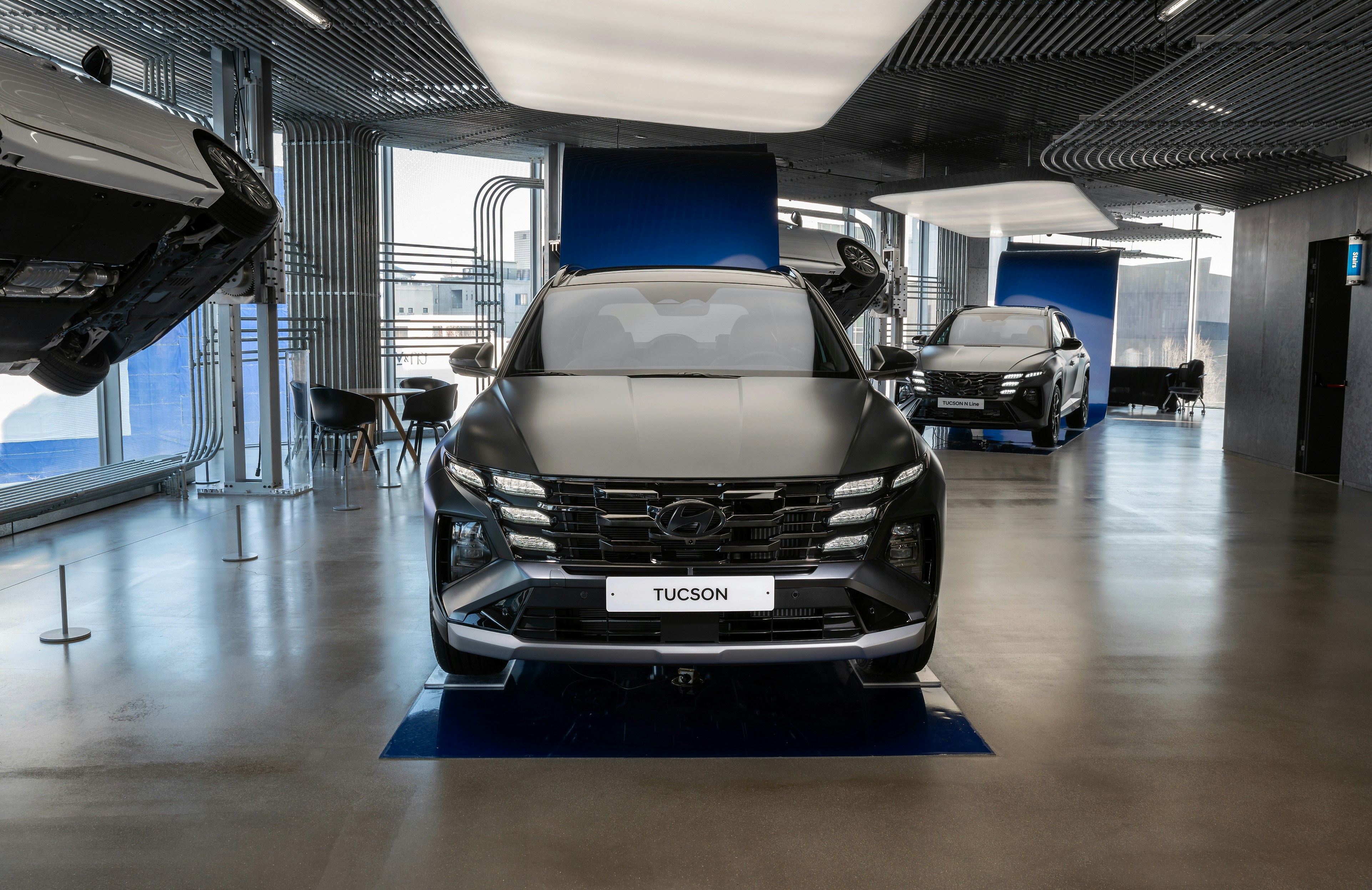Discover Why the Hyundai Bayon Could Be the Smart Choice in 2025
The compact SUV market continues to evolve with manufacturers introducing vehicles that balance practicality, efficiency, and modern technology. The Hyundai Bayon represents the brand's entry into the small SUV segment, designed specifically for urban environments and young families seeking versatility without compromising on features. As consumers increasingly prioritize fuel efficiency, connectivity, and safety in their vehicle choices, understanding what this compact crossover offers becomes essential for making informed purchasing decisions in the current automotive landscape.

What Makes the 2025 Hyundai Bayon Stand Out?
The Hyundai Bayon distinguishes itself through a combination of distinctive design elements and practical engineering choices. Built on Hyundai’s proven i20 platform, the Bayon features a higher driving position typical of SUVs while maintaining the maneuverability of a compact car. The vehicle’s exterior design incorporates Hyundai’s latest design language with angular LED lighting, a bold front grille, and body cladding that emphasizes its crossover character.
Inside, the Bayon offers a surprisingly spacious cabin considering its compact footprint. The interior design focuses on functionality with an 8-inch touchscreen infotainment system, digital instrument cluster, and smartphone integration through Apple CarPlay and Android Auto. Storage solutions throughout the cabin address the practical needs of urban drivers, while the cargo space provides adequate room for everyday use despite the vehicle’s smaller dimensions.
Safety & Performance Features Designed for Confidence
The Bayon incorporates Hyundai’s SmartSense suite of safety technologies as standard equipment across most trim levels. This comprehensive package includes forward collision avoidance assist, lane keeping assist, driver attention warning, and high beam assist. These features work together to provide an additional layer of protection during daily driving scenarios, particularly valuable for new drivers or those navigating busy urban environments.
Performance-wise, the Bayon typically offers a range of efficient powertrains designed to balance power delivery with fuel economy. The available engines focus on providing adequate performance for city driving and highway merging while maintaining competitive fuel consumption figures. The vehicle’s suspension tuning prioritizes comfort over sporty handling, making it well-suited for daily commuting and family transportation duties.
Why Consider the Hyundai Bayon in 2025?
Several factors make the Bayon worth considering for potential compact SUV buyers. The vehicle benefits from Hyundai’s comprehensive warranty coverage, which typically includes lengthy powertrain protection and roadside assistance. This warranty support provides peace of mind for buyers concerned about long-term ownership costs and reliability.
The Bayon’s size makes it particularly suitable for urban environments where parking space is limited and fuel efficiency matters. The elevated seating position provides better visibility compared to traditional hatchbacks, while the compact dimensions ensure easy maneuverability in tight spaces. Additionally, Hyundai’s growing charging infrastructure support and potential electrification options may make the Bayon platform attractive for environmentally conscious consumers.
Hyundai Bayon Models & Pricing Overview
The Bayon lineup typically consists of multiple trim levels designed to accommodate different budget ranges and feature preferences. Base models focus on essential features and safety equipment, while higher trims add convenience technologies, premium audio systems, and enhanced interior materials. The model range strategy allows buyers to select a configuration that matches their specific needs and financial considerations.
Equipment levels generally progress from essential transportation with basic infotainment and safety features to more comprehensive packages including larger touchscreens, premium audio systems, advanced driver assistance features, and cosmetic enhancements. Understanding these trim differences helps buyers identify the optimal balance between features and cost for their individual circumstances.
| Model Trim | Starting Price Range | Key Features |
|---|---|---|
| Base/Essential | $22,000 - $24,000 | Standard safety suite, 8-inch display, manual climate |
| Mid-Level/Premium | $25,000 - $27,000 | Enhanced infotainment, automatic climate, upgraded materials |
| Top/Ultimate | $28,000 - $30,000 | Premium audio, advanced safety, sporty styling elements |
Prices, rates, or cost estimates mentioned in this article are based on the latest available information but may change over time. Independent research is advised before making financial decisions.
The Bayon represents Hyundai’s approach to the growing small SUV segment, offering practical transportation with modern conveniences at competitive price points. While it may not lead in any single category, the combination of reliability, warranty coverage, safety features, and efficient packaging creates a compelling option for buyers seeking dependable urban transportation. The vehicle’s success ultimately depends on how well it meets the specific needs of individual buyers rather than outperforming competitors in every measurable category.
For those considering a compact SUV purchase, the Bayon warrants evaluation alongside other segment offerings. Its strengths in warranty coverage, safety equipment, and urban practicality may align well with specific buyer priorities, while its design and feature set provide a contemporary ownership experience in the competitive small SUV marketplace.




